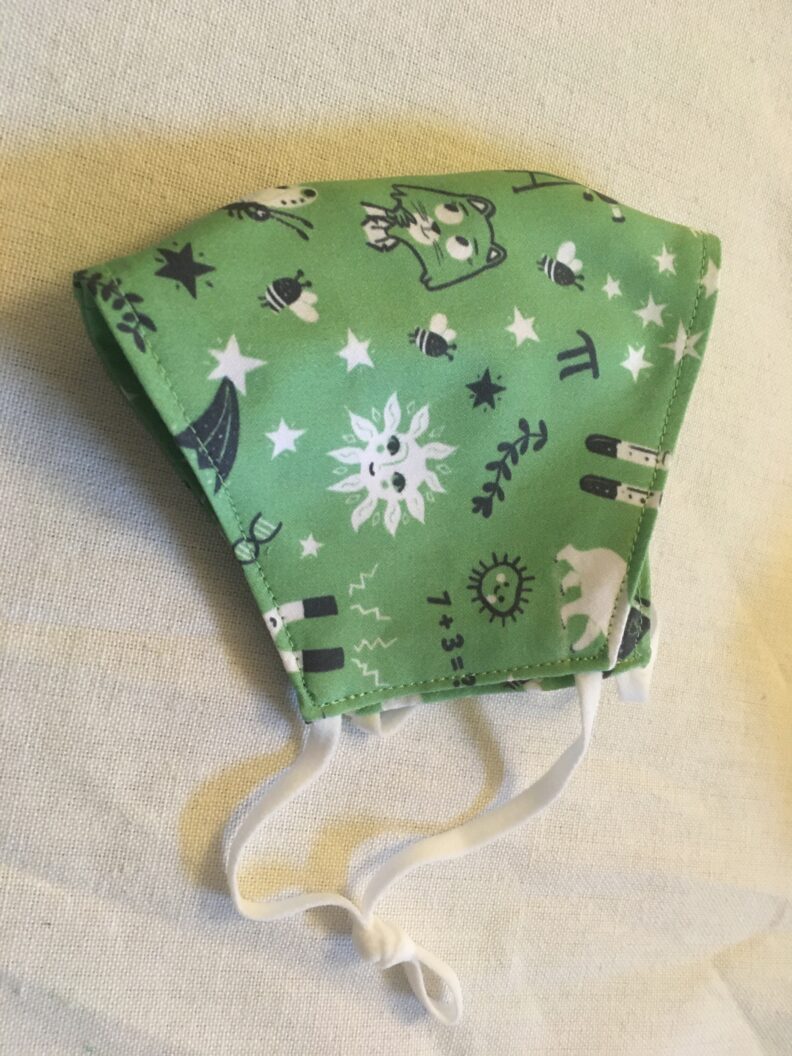Dear Gavyn,
Humans need sunlight to help keep their bones, blood and other body systems healthy, but too much time in the Sun can sometimes leave people with a sunburn.
Sunburns often strike when the body gets too much of a type of light, called ultraviolet light, from the Sun. As your body recognizes there is too much ultraviolet light, it turns on a defense system.

The immune system, which responds to invaders like viruses and other harmful things like ultraviolet light, kicks in. Some people might see their skin get red or blistered. They might feel itchy or painful. But not everyone experiences sunburn in quite the same way.
A big part of the answer to your question also has to do with human cells. My friend Cynthia Cooper, a researcher at Washington State University, knows a lot about cells and how they work.
She said the human body is made up of billions of cells, and they do all kinds of different jobs. Some cells help us get energy from food, some cells help us grow hair, and other cells in the skin can even make something like a shield that protects us from the Sun’s ultraviolet rays.
These natural shields are what scientists call melanin, a kind of dark pigment. You may remember that pigments are colors we find in nature. Melanin is also part of what gives human beings their skin color.
You can think of the melanin-making cells in your body like a hand with fingers reaching out to the neighbor cells called keratinocytes. The “fingers” of a melanin-making cell can help pass melanin to several keratinocytes at the same time. Then, the keratinocytes can move melanin to the cell’s control center: the nucleus.
 This nucleus is really important because it protects your DNA, which contains the instructions your body needs to grow and develop. DNA has all the information that makes you, well, you.
This nucleus is really important because it protects your DNA, which contains the instructions your body needs to grow and develop. DNA has all the information that makes you, well, you.
“The melanin almost acts like a little flying-saucer that hovers over the nucleus,” Cooper said. “It reflects the ultraviolet rays to protect the DNA from damage.”
So, if you don’t make a lot of these shield-like flying saucers of melanin pigment, you may be more likely to experience a sunburn. Meanwhile, there are some people who don’t produce any melanin at all. People with this condition called albinism must be very careful in the sun because they don’t have a lot of those natural shields.
In the lab at WSU, Cooper and her team are investigating the innerworkings of cells to learn more about new treatments for people with cell diseases like albinism as well as treatments for the most serious types of skin cancer. When we understand more about how cells work, we can continue help improve human health for everyone.
Speaking of health, one thing you can do to help protect your body and its cells from ultraviolet light is to wear sunscreen when you go outside. When you wear sunscreen, you can help take care of your body, so your body can keep taking care of you.
Sincerely,
Dr. Universe

Grown-ups! You can help Ask Dr. Universe change the world, one science question at a time.
Learn about the Dr. Universe Fund at Washington State University and how to get your own STEM-inspired face mask here: askDrUniverse.wsu.edu/masks